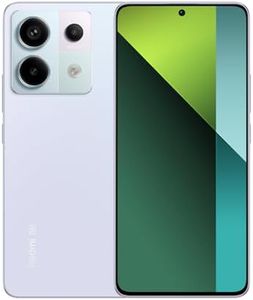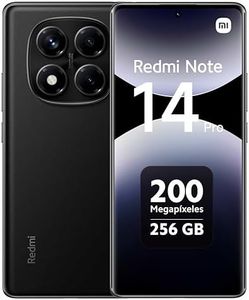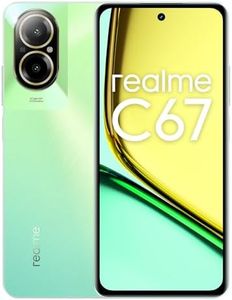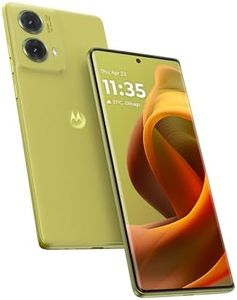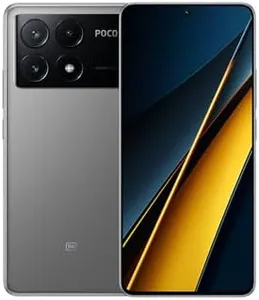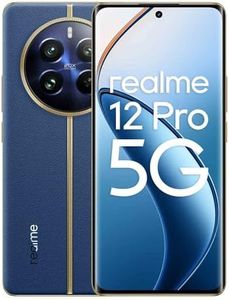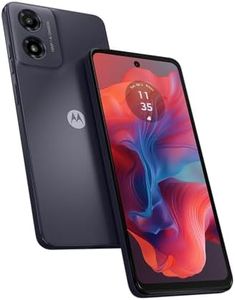We Use CookiesWe use cookies to enhance the security, performance,
functionality and for analytical and promotional activities. By continuing to browse this site you
are agreeing to our privacy policy
10 Best Budget Phones
From leading brands and best sellers available on the web.By clicking on a link to a third party's website, log data is shared with that third party.
Buying Guide for the Best Budget Phones
Choosing a budget phone is all about balancing the features you need with keeping things affordable. Start by thinking about what you use your phone for most: maybe it's calling and messaging, social media, watching videos, taking photos, or running specific apps. Not all budget phones are the same, so understanding the key specs will help you avoid disappointments and make sure you get the best value for your money. Focusing on the essentials will ensure your phone runs smoothly for your daily needs.Display QualityThe display is what you look at and interact with every time you use your phone, so it's important to get one that fits your preferences. Display quality includes the size, resolution, and type of screen. Screen sizes for budget phones usually range from 5.5 to 6.6 inches; smaller sizes are easier to hold, while larger screens are better for watching videos and gaming. Resolution determines how sharp things appear—HD (720p) is basic, Full HD (1080p) looks clearer. Choose a display that feels comfortable in your hand and has enough sharpness for your eyes, especially if you read or watch videos.
Performance (Processor and RAM)Performance is what makes your phone feel fast or slow, especially when opening apps or switching between them. This is mainly determined by the processor (CPU) and the amount of RAM. In budget phones, you’ll see entry-level processors and RAM ranging from 3GB to 6GB. For light users who check texts, make calls, and use a few apps, 3-4GB RAM is enough. For multitasking or gaming, look for at least 4GB, as more RAM can help prevent sluggishness. If you use heavy apps or like to keep many apps open, getting higher RAM within your budget is wise.
Battery LifeBattery life tells you how long your phone will last before needing a recharge. It's measured in milliampere hours (mAh). In budget phones, batteries range from about 3000mAh to 6000mAh. A battery around 4000mAh is generally enough for a full day of typical use, while bigger batteries (5000mAh or more) are great if you're frequently away from charging or use your phone heavily. If battery is very important to you—maybe you travel or use your phone outdoors a lot—choose a phone with a higher mAh rating.
Camera QualityThe camera is important if you like to take photos and videos. Budget phones now often have multiple cameras, including main, selfie, and sometimes wide or macro lenses. The main things to check are megapixels (MP) and if it has features like night mode, portrait mode, or image stabilization. More megapixels can mean more detail, but high MP in budget phones doesn't guarantee great photos—software matters too. If photos are important to you, look for budget phones known for decent camera performance, but remember that basic cameras are fine if you only snap the occasional shot.
StorageStorage is where your apps, photos, and files live. Budget phones typically offer 32GB, 64GB, or 128GB of internal storage. 32GB is enough for essentials but fills up quickly if you take lots of photos or download big apps. 64GB gives you more breathing room, and 128GB is a safe bet if you don’t want to worry about space. Many budget phones also have a slot for a memory card, which lets you add more storage later on. Choose based on how many photos, videos, and apps you want to keep without always deleting things.
Build Quality and DesignBudget phones are mostly made from plastic, but some feel sturdier and nicer to hold than others. Look for a design that feels good in your hand and isn’t too slippery. Some budget models offer water resistance or toughened glass, which can help survive the occasional drop or splash. If you care about how your phone looks or feels, be sure to pick one that matches your style and feels comfortable to use daily.
Software and UpdatesThe operating system (Android or other) and how often it receives updates affect both security and features. Most budget phones run a version of Android, but some get software updates more often than others. Software updates are important because they fix bugs and keep your phone secure. If possible, look for phones that promise at least one major update and regular security patches, so your device stays safe and works well for longer.
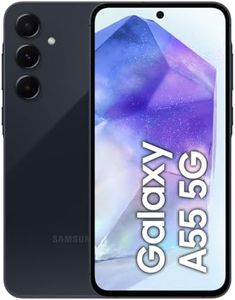
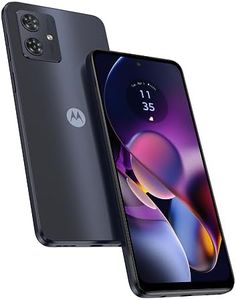
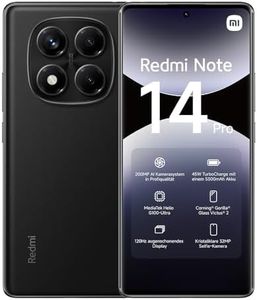
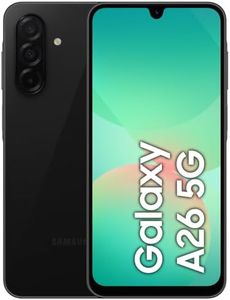
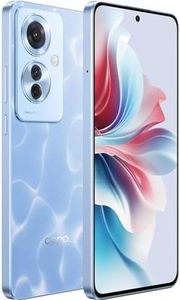
![Samsung Galaxy A06 4GB+64GB [International Version] (Black)](https://images-proxy.bestreviews.guide/_qhJXpwphEPSXn3s_a2W1UTN4bY=/0x300/https://m.media-amazon.com/images/I/41arFUf6UWL._AC_CX679_.jpg)
